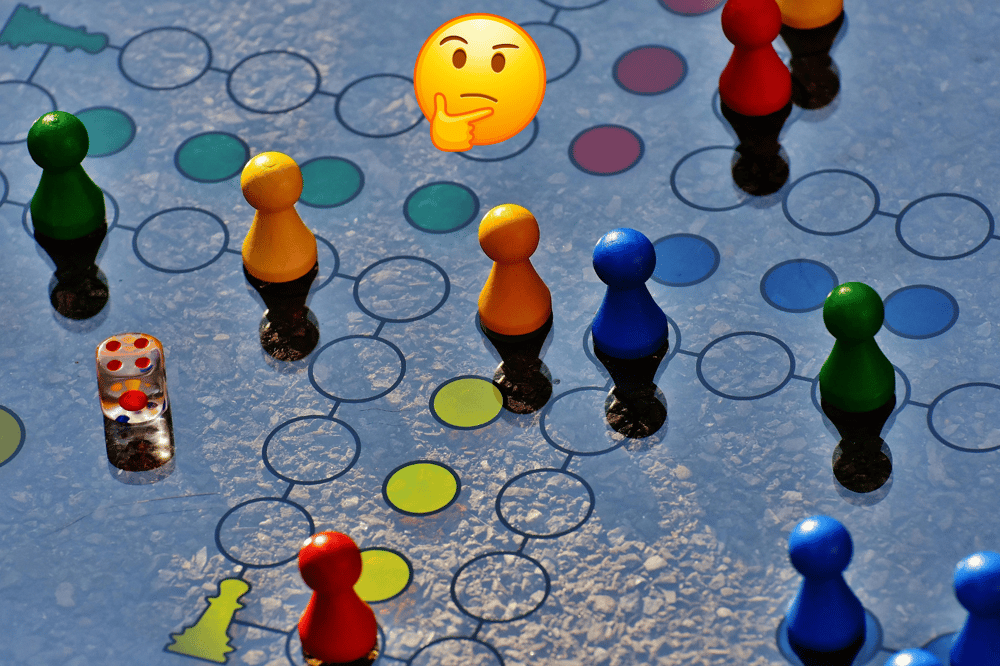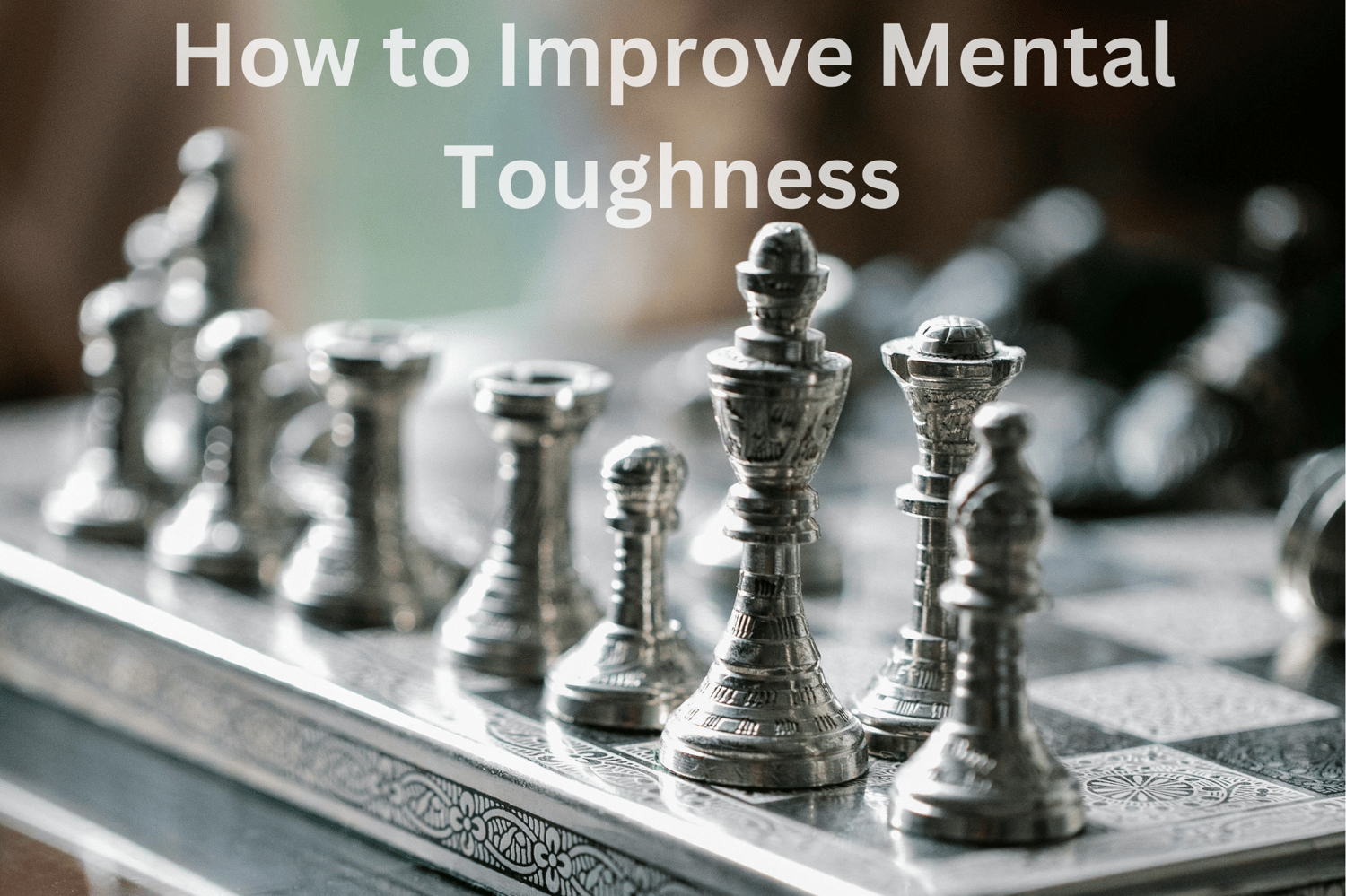Strategies to Improve Mental Toughness
In today's fast-paced world, it's easy to feel overwhelmed by life's constant challenges. But what if you could develop the mental strength to face these obstacles head-on and come out stronger? That's where mental toughness comes in. It's not just for elite athletes or military personnel – it's a skill that can benefit everyone, from students to CEOs to parents juggling multiple responsibilities.
Mental toughness is like armor for your mind. It's a combination of resilience, focus, and determination that allows you to push through discomfort, bounce back from setbacks, and stay committed to your goals when things get tough. The good news? Just like physical strength, you can build and improve your mental toughness with the right techniques and consistent practice.
Let's explore some effective strategies to boost your mental toughness and help you thrive in any situation.
1. Set Ambitious Yet Achievable Goals
Setting challenging goals is the first step towards improving your mental toughness. These goals push you out of your comfort zone, forcing you to stretch your abilities and overcome obstacles. But remember, we're not talking about just any goals – we're talking about SMART goals:
- Specific: Instead of "get in shape," try "run a 5K race"
- Measurable: Track your progress with concrete metrics
- Achievable: Be ambitious but realistic
- Relevant: Ensure your goal aligns with your broader life objectives
- Time-bound: Set a deadline to create urgency and focus
Start small, but dream big. Each goal you achieve builds confidence and mental toughness. It's like a workout for your mind – start with what you can handle and gradually increase the challenge.
2. Cultivate a Growth Mindset

A growth mindset is the foundation of mental toughness. It's the belief that you can improve your abilities through effort and practice. With a growth mindset, you're more likely to:
- Embrace challenges
- Persist in the face of setbacks
- Learn from criticism
- Find inspiration in others' success
To develop this mindset:
- Use the power of "yet" (e.g., "I can't do this yet")
- Celebrate effort, not just results
- View failures as learning opportunities
- Seek out challenges regularly
Remember, shifting to a growth mindset is a journey. Be patient with yourself and recognize that even small steps forward are progress.
3. Practice Mindfulness and Meditation
Think of mindfulness and meditation as a gym for your brain. They help you focus, manage stress, and stay calm under pressure – all key components of mental toughness.
Mindfulness is about being fully present in the moment, noticing your thoughts and feelings without judgment. Meditation is like a workout routine for mindfulness, helping you improve at being present and focused.
Benefits include:
- Improved focus
- Reduced stress
- Better emotional control
Start small with this simple practice:
1. Find a quiet spot and sit comfortably
2. Close your eyes and focus on your breath
3. When your mind wanders, gently bring your attention back to your breath
4. Begin with 5 minutes a day and gradually increase
Consistency is key. Stick with it, and you'll notice improvements in how you handle stress and challenges.
4. Embrace Discomfort

Improving mental toughness often means deliberately putting yourself in challenging situations. It's about pushing your boundaries, bit by bit. Here are some ways to start embracing discomfort:
- Try something new: Take a class in an unfamiliar subject or learn a new skill
- Face your fears: If public speaking scares you, volunteer to give a presentation
- Push your physical limits: Run an extra mile or hold that plank for 10 more seconds
- Have difficult conversations: Address issues you've been avoiding
- Set ambitious goals: Aim higher than you think you can reach
Make embracing discomfort a regular part of your life. The growth on the other side is worth the temporary unease.
5. Build Healthy Habits
Healthy habits form the foundation of mental toughness. Focus on these key areas:
- Sleep: Aim for 7-9 hours a night with a consistent sleep schedule
- Nutrition: Eat a balanced diet rich in fruits, vegetables, and whole grains
- Exercise: Regular physical activity reduces stress and boosts cognitive function
Start small – maybe go to bed 30 minutes earlier, add an extra serving of veggies to your day, or take a short walk during lunch. Consistency is key in building these habits that support mental toughness.
6. Learn from Failure
Failure is not the opposite of mental toughness – it's a crucial part of developing it. Here's how to turn setbacks into stepping stones:
- Reframe failure as feedback: Ask, "What can I learn from this?"
- Analyze what went wrong: Be honest about what factors contributed to the failure
- Make a plan: Use what you've learned to approach things differently next time
- Practice self-compassion: Don't beat yourself up; treat yourself with kindness
- Keep perspective: Ask if this setback will matter in a year or five years
Remember, failure is just a data point on your journey to success. The more you can embrace and learn from it, the mentally tougher you'll become.
7. Develop Emotional Intelligence

Emotional intelligence might sound soft, but it's a crucial component of mental toughness. It involves understanding and managing your emotions, as well as recognizing and influencing the feelings of others.
Here's why it matters for mental toughness:
- Self-awareness helps you recognize your triggers and manage reactions
- Self-regulation allows you to stay calm under pressure
- Empathy helps you navigate conflicts and build stronger relationships
- Social skills are crucial for leadership and teamwork
To develop your emotional intelligence:
- Practice mindfulness
- Keep an emotional journal
- Ask for feedback from others
- Practice active listening
- Try to see situations from different perspectives
Like any skill, emotional intelligence takes practice. But the payoff is huge – not just for your mental toughness, but for your overall quality of life.
Conciusion -
Your Journey to Improved Mental Toughness Starts Now
We've covered a lot of ground – from setting challenging goals to embracing discomfort, from building healthy habits to learning from failure and developing emotional intelligence. Each of these elements plays a vital role in improving mental toughness.
Remember, mental toughness isn't a destination; it's an ongoing journey. You'll continue to develop it throughout your life, with ups and downs along the way. That's okay – it's what makes you mentally tough.
Start with small, consistent steps. You don't need to overhaul your entire life overnight. Choose one area that resonates with you and begin there. Maybe it's setting a challenging goal, starting a mindfulness practice, or working on your emotional intelligence.
Be patient and kind to yourself. Improving mental toughness takes time. Celebrate your progress, learn from your setbacks, and keep moving forward.
By reading this post and considering how to boost your mental toughness, you've already taken the first step. That's significant! So, what's your next move? Whatever it is, know that you have the power to become mentally tougher, more resilient, and better equipped to handle life's challenges.
Your journey to improved mental toughness starts now. Are you ready? Because the mentally tough version of you is waiting just around the corner, ready to take on whatever life throws your way!
Affiliate Disclosure:
This post may contain affiliate links. If you click on an affiliate link and make a purchase, we may earn a small commission at no additional cost to you. Learn more on our Affiliate Disclosure page.



Comments ()